Contractor charges are up by 5% for 2022, according to the Association of Farm & Forestry Contractors in Ireland (FCI) annual price guide.
The increase is to meet some of the significant increases in the cost of machinery, tyres, fuel, lubricants and labour experienced over 2021 and into 2022.
The guide is compiled by collating averages for each operation from a panel of FCI contactor members from across Ireland.
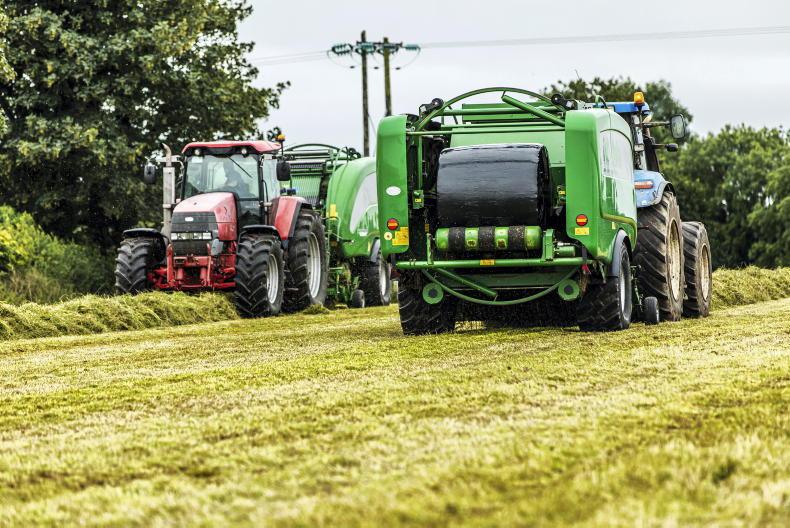
Round baled silage (mow, bale and four layers of wrap) is guided at €18-€19 per bale. \ Philip Doyle
The FCI emphasises that this is only a guide and that rates vary considerably between regions.
As well as this, factors such as contract size, distance travelled, soil type and application rates etc can all have an influence in rate differences.
The prices quoted are based on a diesel price of 75c/l exclusive of VAT (13.5%), which equates to 85c/l including VAT.
FCI chief executive officer Michael Moroney said: “An FCI silage cost analysis has shown that a modern contractor silage fleet will require a minimum rate of €140 per acre just to cover the depreciation, labour and operating costs which will also include a further carbon tax increase in May 2022.”
Moroney also said: “Fuel prices have risen by close to 50% in 2021 compared with 2020, adding thousands of euros to the costs of contractor operations, with no additional output result.
“The huge hike in the cost of AdBlue is another extra cost factor for 2022, as contractor-owned tractors are significant consumers of these products.
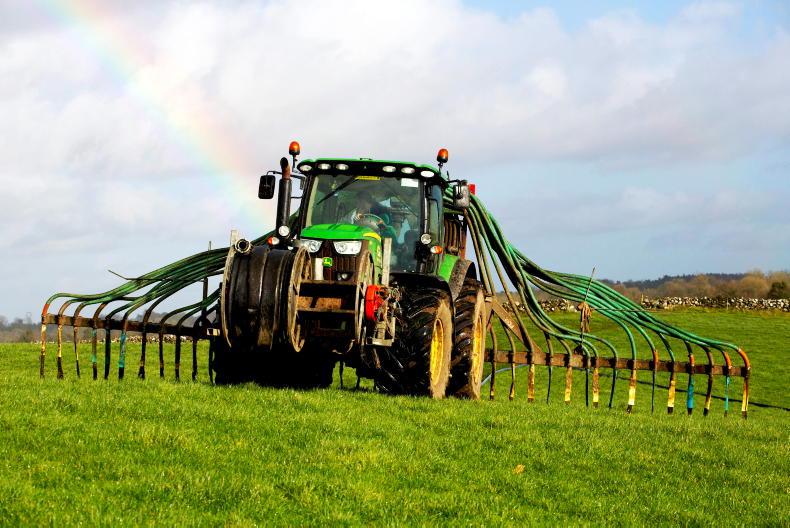
Umbilical slurry spreading is guided at €160-€170/hr with €100/hr setup charge. \ David Ruffles
“FCI estimates that the increased AdBlue costs alone will add more than €5m in costs for Irish farm and forestry contractors in 2022 based on the sector consumption of more than 350m litres of diesel fuel, annually.”
Insurance is said to be costing contractors between 6% and 7% of turnover, amounting to almost €50m in premiums paid annually by the sector.
The FCI also acknowledged the ongoing issue of operator availability and the noticeable scarcity of young people joining the sector.
Contractor charges are up by 5% for 2022, according to the Association of Farm & Forestry Contractors in Ireland (FCI) annual price guide.
The increase is to meet some of the significant increases in the cost of machinery, tyres, fuel, lubricants and labour experienced over 2021 and into 2022.
The guide is compiled by collating averages for each operation from a panel of FCI contactor members from across Ireland.

Round baled silage (mow, bale and four layers of wrap) is guided at €18-€19 per bale. \ Philip Doyle
The FCI emphasises that this is only a guide and that rates vary considerably between regions.
As well as this, factors such as contract size, distance travelled, soil type and application rates etc can all have an influence in rate differences.
The prices quoted are based on a diesel price of 75c/l exclusive of VAT (13.5%), which equates to 85c/l including VAT.
FCI chief executive officer Michael Moroney said: “An FCI silage cost analysis has shown that a modern contractor silage fleet will require a minimum rate of €140 per acre just to cover the depreciation, labour and operating costs which will also include a further carbon tax increase in May 2022.”
Moroney also said: “Fuel prices have risen by close to 50% in 2021 compared with 2020, adding thousands of euros to the costs of contractor operations, with no additional output result.
“The huge hike in the cost of AdBlue is another extra cost factor for 2022, as contractor-owned tractors are significant consumers of these products.

Umbilical slurry spreading is guided at €160-€170/hr with €100/hr setup charge. \ David Ruffles
“FCI estimates that the increased AdBlue costs alone will add more than €5m in costs for Irish farm and forestry contractors in 2022 based on the sector consumption of more than 350m litres of diesel fuel, annually.”
Insurance is said to be costing contractors between 6% and 7% of turnover, amounting to almost €50m in premiums paid annually by the sector.
The FCI also acknowledged the ongoing issue of operator availability and the noticeable scarcity of young people joining the sector.







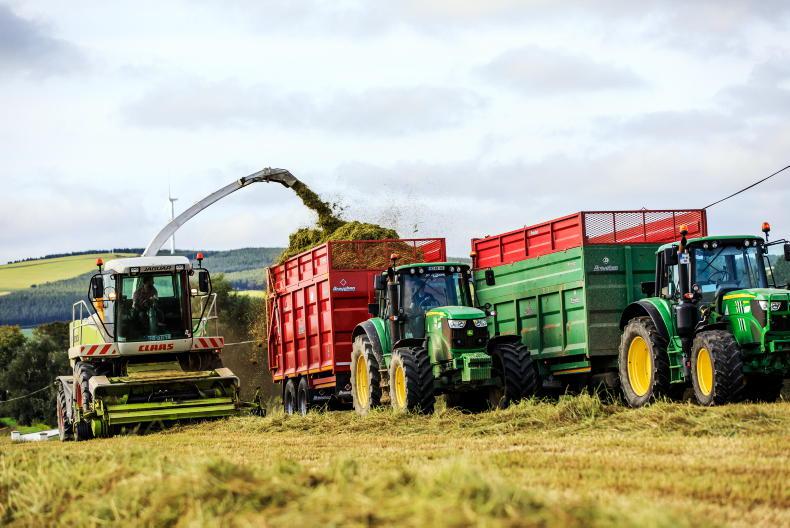
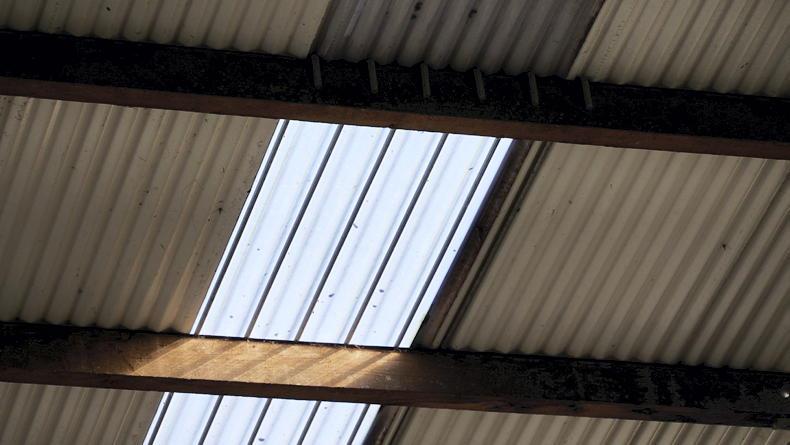
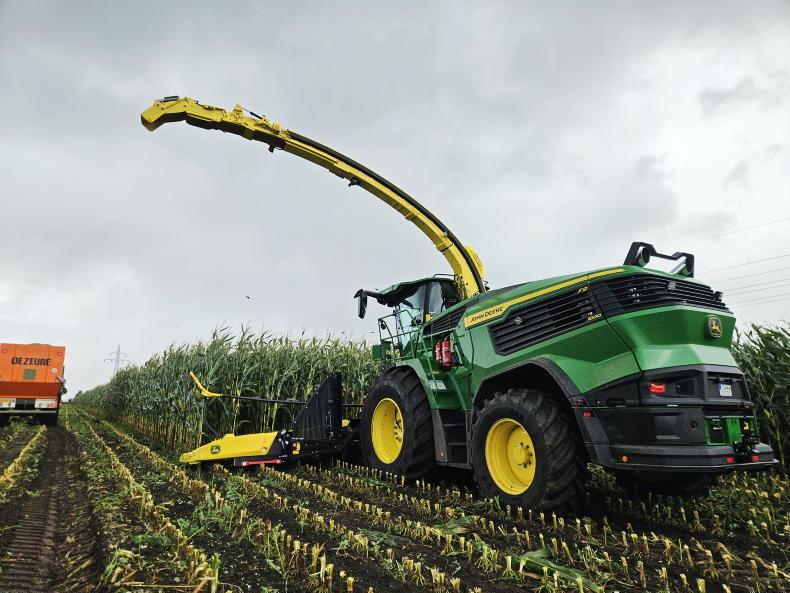

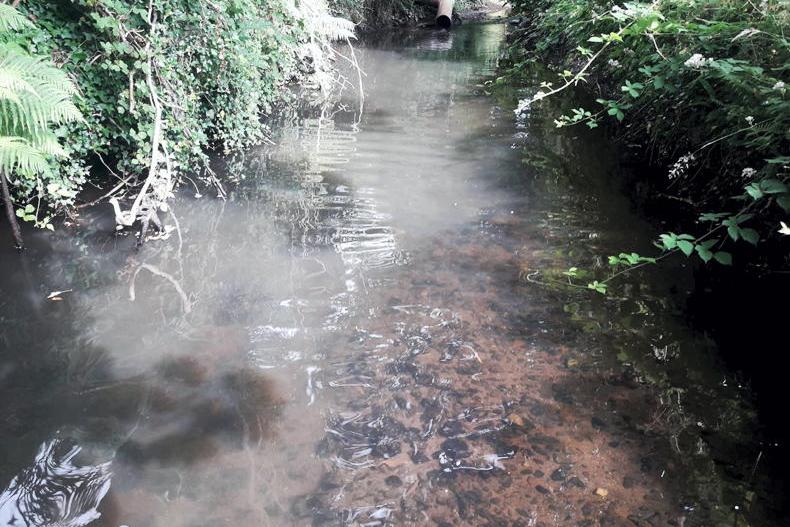
SHARING OPTIONS